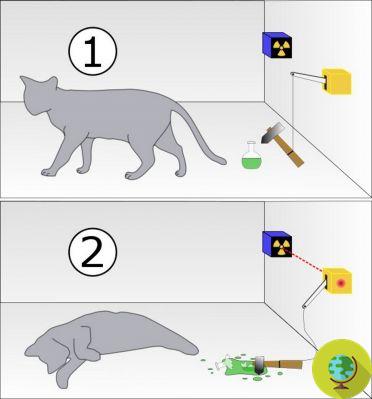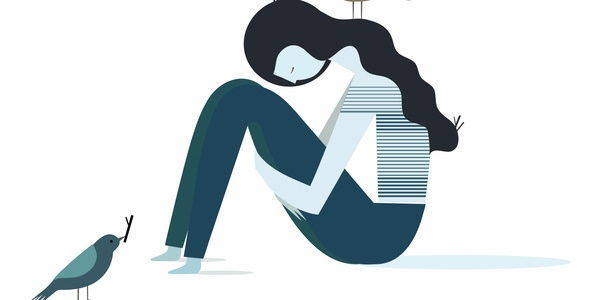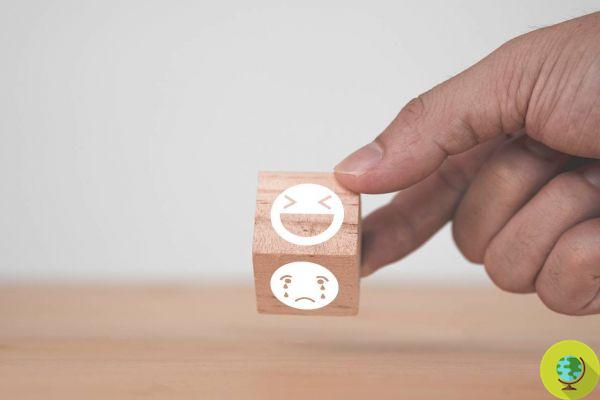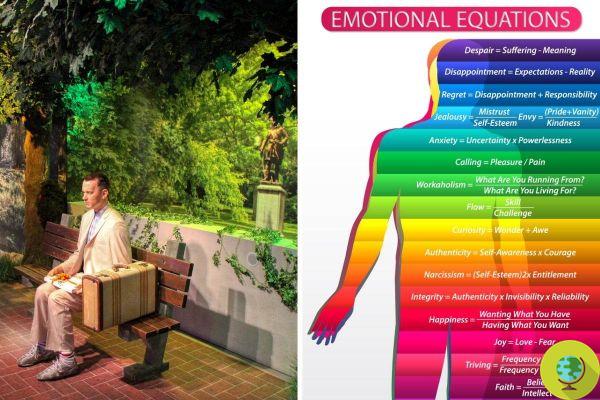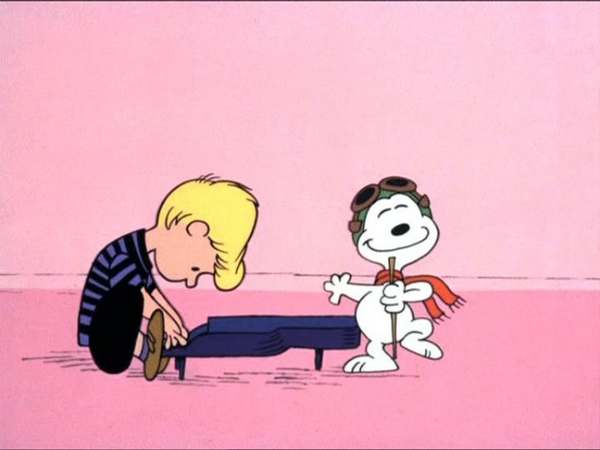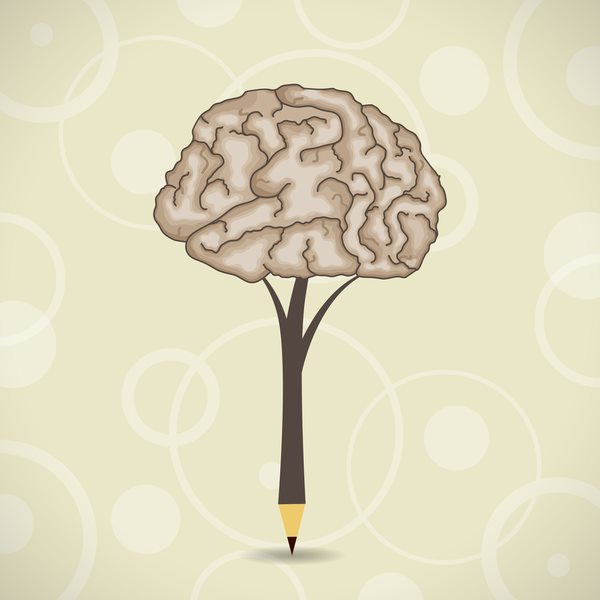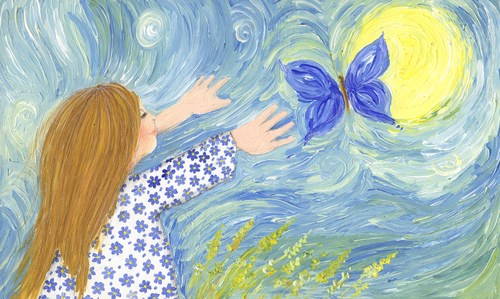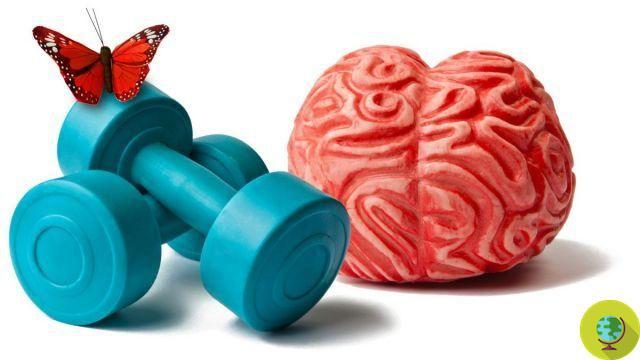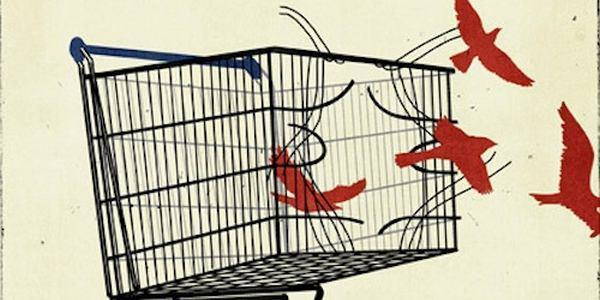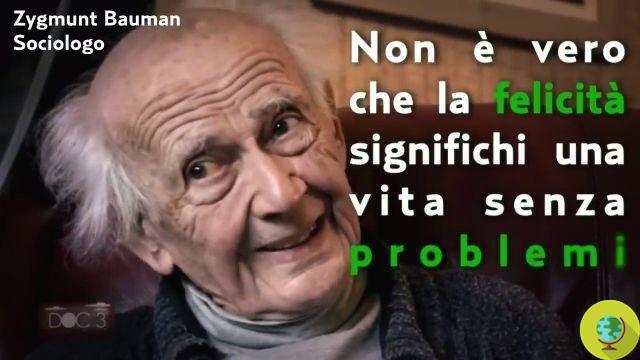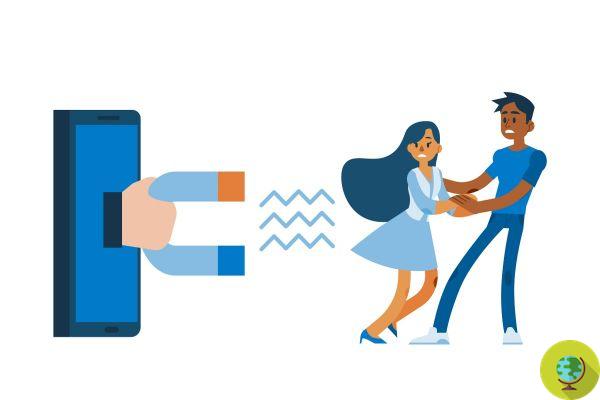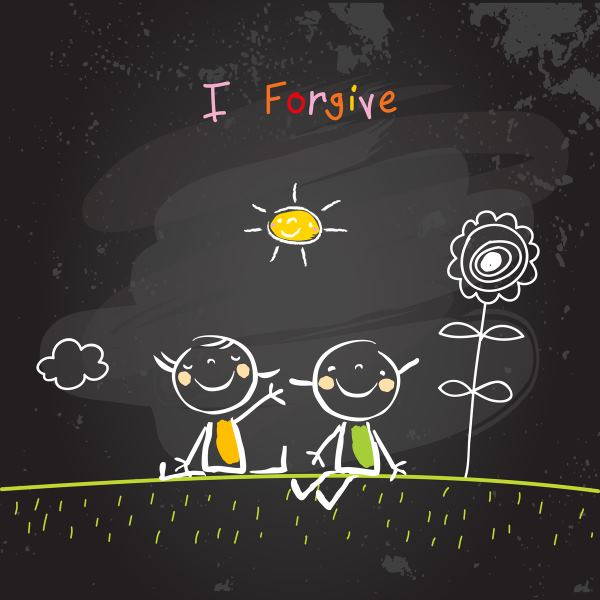Five strategies to face the end of a sentimental relationship and make it a positive opportunity for growth and awareness.
Don't store avocado like this: it's dangerous“One does not die of love even if love is as great as mine for you; over time the signs that our love left on me will disappear ”: so sang Renata Pacini about fifty years ago.
The years have not changed things: the end of any relationship always requires a certain period to process what has happened. The novelty is that today we also know exactly how long it is: a study published in the Journal of Positive Psychology has shown that, on average, it takes 11 weeks. Almost three months. More time is needed if what ended was a marriage: up to 18 months. And it is obviously an average because each story is unique, it stirs different emotions and memories.
Pain doesn't rule out positive emotions
Of course, a breakup is painful, there is no doubt but it can become an unexpected opportunity for growth, for awareness. In fact, 71% of the study participants stated that that period was important to learn things about themselves, to grow as a person, to become more goal-oriented. And this regardless of whether they had "suffered" or "chosen" the end of their love story. So, final summary of the study: even in pain you can grow and experience positive emotions. In other words, as an old Italian adage goes, what doesn't choke you makes you fat. The effort is to change the gaze, to change the perspective.
Victim or protagonist?
The extraordinary nourishment comes precisely from having been thrown outside our more or less placid, in any case known (and therefore somehow reassuring) zone of relational comfort. Basically there are two roads: that of the victim (who cries, despairs, blames the other and stagnates in a sea of endless pain that darkens him or, on the contrary, pretends not to care, flaunts indifference, throws himself into headlong into hit and run, emptying relationships, or into stories that do not make him feel his emptiness) or that of the protagonist of his own life, who welcomes challenges and makes them become, albeit with difficulty, a real opportunity for growth and transformation .
Those who move towards this second option - it is always a personal choice, that of going through and beyond the pain - can take advantage by adopting some "tricks and strategies" to "handle" the situation in a positive and proactive perspective. Here are some that, as a psychologist and love coach, I can suggest.
Strategies for dealing with the end of a relationship
Allow yourself time for pain and emptiness
It is important to give space, to honor the feelings, the experiences that are experienced. Nostalgia, pain, a sense of emptiness, bitterness, perhaps anger and frustration, a sense of betrayal or failure may appear: listening to them is our task. Listening to them does not mean following them, letting oneself be overwhelmed but seeing them, entering into a dynamic and active, constructive, respectful relationship. There is a time for pain, for tears. Even for a possible disorientation, perhaps, with respect to routines, spaces and lost habits, voids that resound. Memories that reappear and find painful. Honoring the pain, giving yourself time to process the acceptance and mourning of the loss with the knowledge, however, that this is not all. That in life, as well as in the breath, there are full and empty, high and low, together, I inhale and exhale. And therefore there is space, however and in any case, even for pleasure, the beauty of the rest of life: that too must be honored.
Sometimes it's a balancing game, sometimes it requires little or big effort. But it is what will make us make the leap, interior, of quality.
Metabolize teaching
Whether you have chosen the stop or immediately, the rupture of the emotional relationship, it is important at a certain point - when the pain and fatigue begin to be less redundant - to treasure the experience. Each story is a co-construction; each of the two partners has contributed, more or less consciously, to the ending: understanding the dynamics, their role, their feelings, the expectations that have come into play allows us to learn a lot about ourselves and how we move in important relationships. To see what went wrong in the relationship and how we participated. Without guilt, with a welcoming and positive look: nothing happens by chance but everything can, if we bring it to consciousness, become the building block of a more authentic and true part of ourselves and make a difference in the love story to come. .
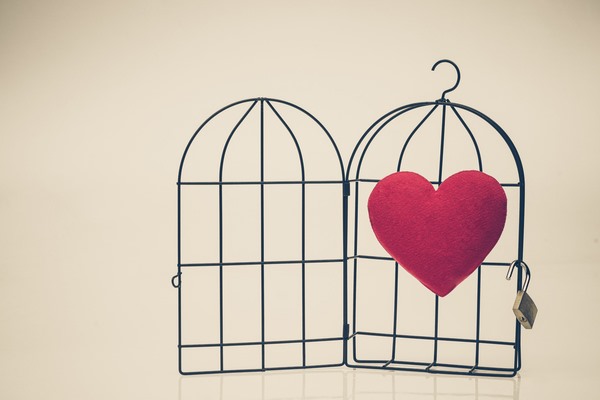
Make time for yourself and others
It is a good time to do what you may not have been able to do before: because being together with someone is beautiful, true, but undoubtedly the time to devote to the relationship, to the other, to things done together, could have made us some interest or passion in the background. As a single, there is more free time: you can take advantage of this advantage.
Furthermore, there is more time to think about others too, in more general terms: sowing good deeds around us, after having thought about them (of course, everything that arises spontaneously, on the moment, on the occasion is fine too). So go ahead, voluntarily and by choice, to a clear commitment, even if small but present, in the social field, with neighbors, on the territory, in associations, with animals. Whatever it is, for the good of all. The beauty is that it will fill us with love, positivity and strength too.
Write a diary
Science says it: writing helps to process trauma, grief. It allows you to regulate thoughts, give them a shape and place them in a space; relieves tensions, reorders emotions. Even if the flow can initially be confused, disheveled, like the emotions and feelings one feels, as writing (especially by hand, with pen and paper) helps to feel and tell oneself in a different way.
And if instead of a diary the daily appointment with a sheet of paper, that sheet - after being written, filled with thoughts - could also be burned (safely, in a tall aluminum pot), with the awareness of strength. transforming fire and restitution, serene, to Heaven.
If needed, ask for help
The community, the network of friendships, the most important affections are an important resource also to talk about our history, to compare ourselves to have a broader and relativizing vision (a warning: it is good to be clear what are the limits of our availability / need for dialogue; for example we may want to talk about our pain but we do not want to give space, hear judgments on the other person or on what our story has been); in some cases a more "structured" help may be needed: to process the pain, to see each other and see what happened better, to get out of a possible sense of disdain if we have been left or of failure, whatever our "position" ; to go back to looking at life and relationships from a constructive and positive perspective.
It is almost always important to consider getting rid of what painfully reminds us of the “loved well”: social friendships, slippers forgotten in the shoe cabinet, toothbrushes and so on.
Read also:
End of a love: the 5 steps to face in order to smile again
3 strategies to relieve grief after a relationship has ended
Anna Maria Cebrelli





